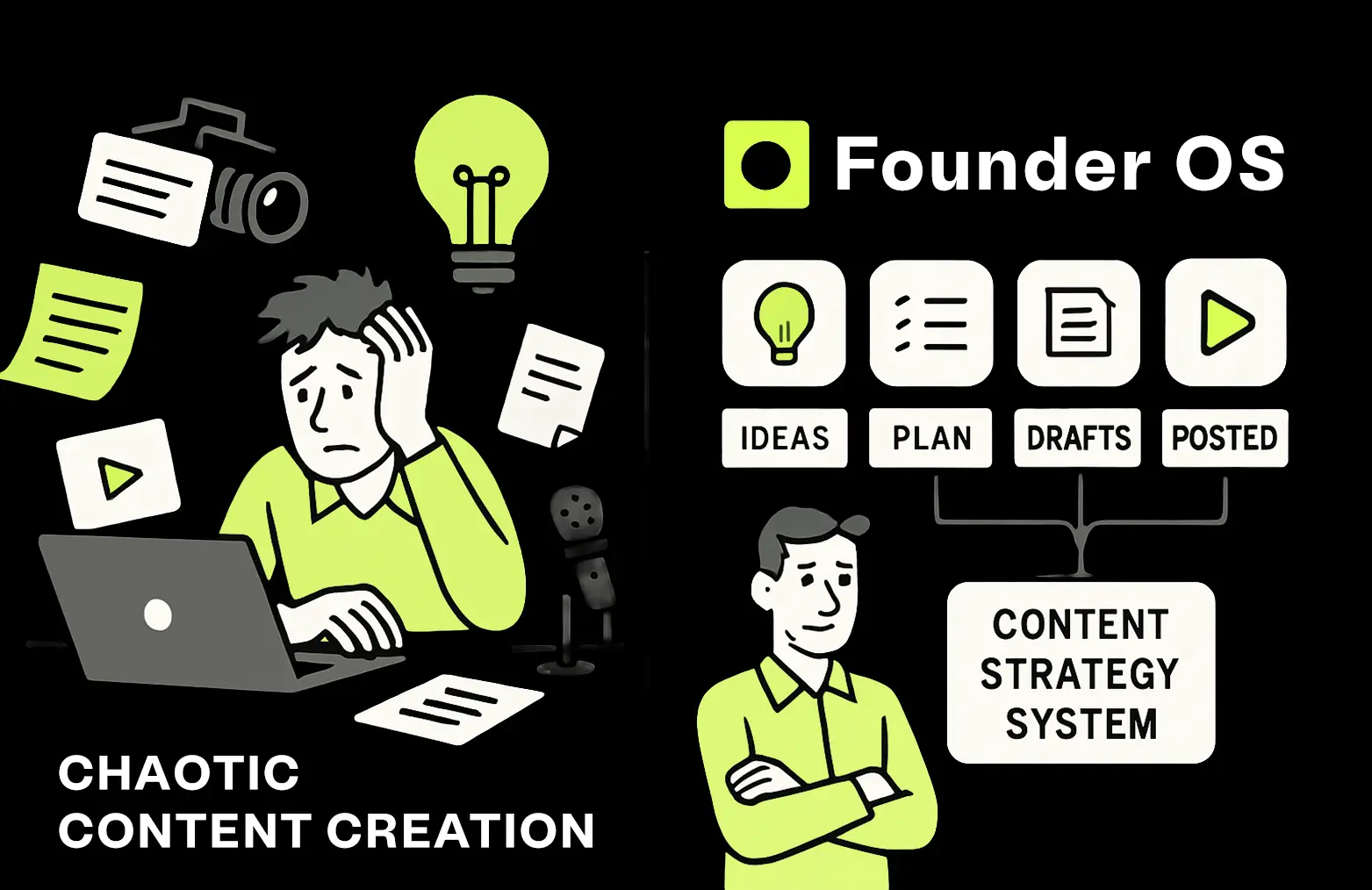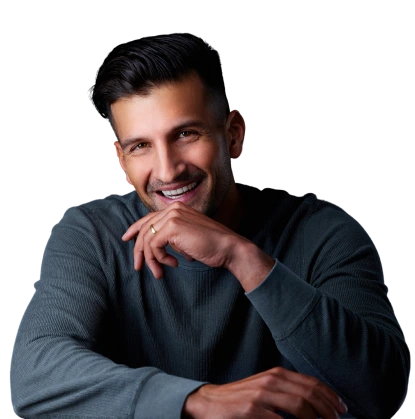YouTube CPM vs. Podcast CPM: Where Is the Money?
Let’s talk about CPM. It stands for “cost per mille,” and it basically means how much money you make for every thousand people who see or hear your ad.
Here’s the important part: podcasts have a much higher CPM than YouTube. That means you get paid more for having people listen to your podcast ads.
Think about it. Would a company rather pay for someone to quickly glance at their ad on YouTube, or have someone dedicate a whole hour to hearing it on your podcast?
Want to see some real numbers? Podcast creators can make around $25 per thousand listens when an ad plays in the middle of their show. For an ad at the beginning, it might be closer to $18. That might not sound like a lot, but if you get 10,000 downloads each time you put out a new episode, it adds up. And you can have more than one sponsor.
YouTube is different. People on YouTube are less focused, and how much you make changes based on what kind of videos you create.
If you want to make the most money possible from your content, audio content is the stronger choice. Companies want to advertise to your podcast audience because they know those listeners are paying close attention.





.webp)


